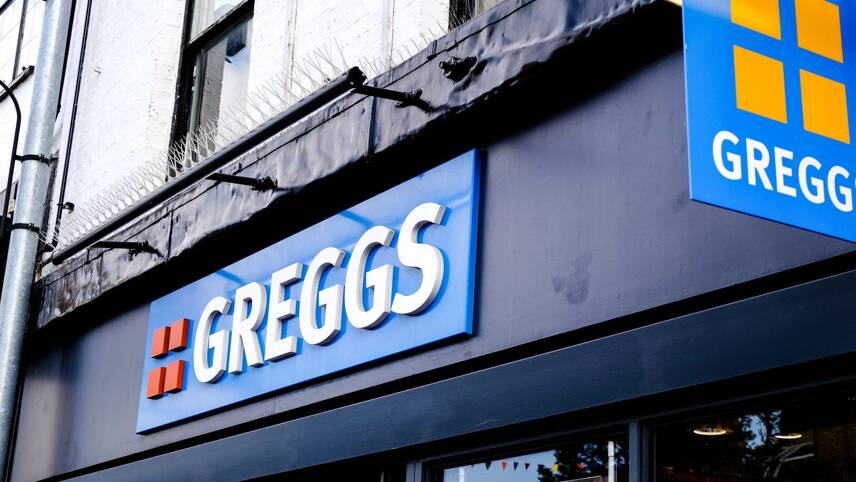Register for free and continue reading
Join our growing army of changemakers and get unlimited access to our premium content

Greggs is working towards net-zero operations by 2035 and a net-zero value chain by 2040
The announcements came late last week as the firm published the second annual sustainability report under its ‘Greggs Pledge’ sustainability strategy. On climate, the Greggs Pledge includes a commitment to be procuring 100% renewable electricity and to be “well on the way” to carbon-neutrality by 2025. In the longer term, Greggs is aligning with the British Retail Consortium’s roadmap to net-zero operations by 2035 and value chains by 2040.
The new report confirms that Greggs spent time in 2021 working with the Carbon Trust to measure the entirety of its Scope 3 (indirect) emissions for the first time. This process revealed that the bulk of the company’s indirect emissions – 75% – are attributable to ingredients and packaging.
Greggs has confirmed that the new Scope 3 data will enable it to publish new science-based climate targets by the end of the year. In order for the Science-Based Targets initiative (SBTi) to verify targets as 1.5C-aligned, they must address at least two-thirds of a firm’s Scope 3 emissions.
To help deliver new targets, Greggs will explore how to improve climate-related engagement with packaging and ingredient suppliers. It has also confirmed its intention to upgrade its procurement process, in order to capture more data regarding the emissions impact of purchased goods and services. Once this data has been captured, Greggs may be able to introduce carbon labelling to products.
On operational emissions, the report outlines plans to increase the use of double-decker trailers and alternative fuels to decarbonise transport and logistics. It also charts progress towards more efficient refrigeration and electric cooking and heating systems in stores. Greggs has, the report confirms, drawn up plans for ensuring that all future shop retrofits and new shop openings are aligned with its emissions goals, through an ‘Eco-Shop’ framework. The first store to be compliant with this framework will be opened later this year.
Earlier this year, edie spoke with Gregg’s first head of sustainability Paul Rhodes to get his insight on leveraging behaviour and technology changes in the low-carbon transition. Click here to read that interview.
Food waste success story
As well as climate, the report details Greggs’ progress on key targets relating to social sustainability, healthy diets and waste reduction.
On the latter, the Greggs Pledge included a target for the business to generate 25% less food waste in 2025 than 2018. The firm exceeded this target in 2021, recording a 31% reduction on a 2018 baseline.
As such, the business has set a new ambition to increase food redistribution rates by a further 10% this year. It sends no waste to landfill but is aiming to send less to energy from waste (EfW) facilities and to make animal feed, and to redistribute more to people, with a focus on those in need. Greggs works with more than 1,200 charity partners in the UK on food redistribution programmes.

